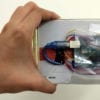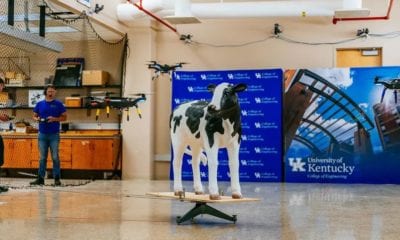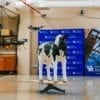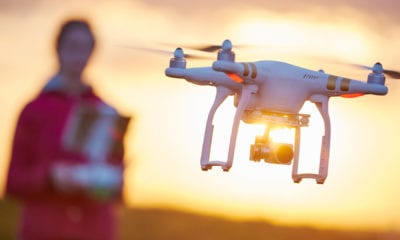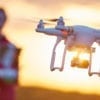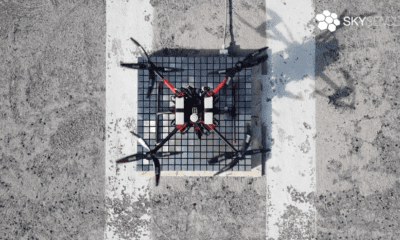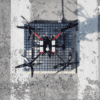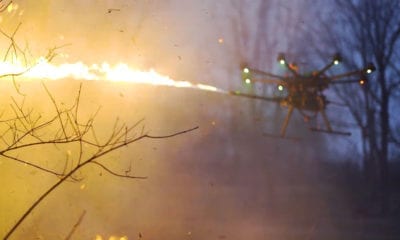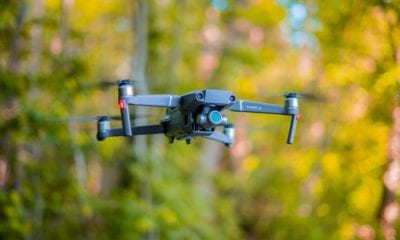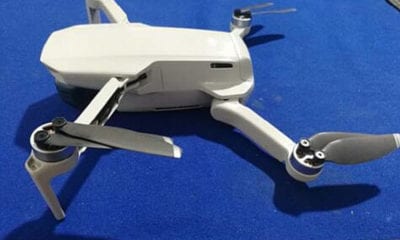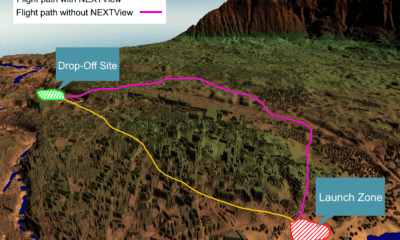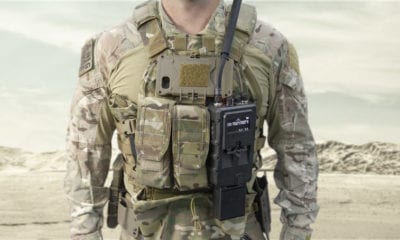News
New “Game of Drones” Tech can Detect Illicit Drone FPV Filming
Drones have created a new threat to people’s privacy. We are now in an era in which anyone with a drone equipped with a video camera can use it to invade a subject’s privacy by streaming the subject in his/her private space over an encrypted first person view (FPV) channel.
A revolutionary technique that can detect when a drone is capturing video, nicknamed “Game of Drones” by its creators was revealed by researchers at Ben-Gurion University of the Negev (BGU) and the Weizmann Institute of Science in Rehovot in a study released recently.
In the study, titled Game of Drones – Detecting Captured Target from an Encrypted Video Stream, the researchers show how to detect a drone’s video streaming from an encrypted first-person-viewer channel. Although many methods have been suggested to detect nearby drones, they all suffer from the same shortcoming: they cannot identify exactly what is being captured, and therefore they fail to distinguish between the legitimate use of a drone (for example, to use a drone to film a selfie from the air) and illegitimate use that invades someone’s privacy (when the same operator uses the drone to stream the view into the window of his neighbor’s apartment), a distinction that in some cases depends on the orientation of the drone’s video camera rather than on the drone’s location.
A recent Game of Drones demonstration video a man focused a drone camera on his neighbor’s back door and window. The neighbor used smart film attached to the window to create a physical stimulus that intercepted the encrypted wi-fi traffic being sent from the drone.
Previous detection methods have been able to detect nearby drones, but this new technique is the first to decipher whether drones are streaming video.
Ben Yassi, a PhD student and researcher at the BGU Cybersecurity Research Center, commented, “Our findings may help thwart privacy-invasion attacks that are becoming more common with increasing drone use. This could have significant impact for the military and for consumers; because a victim can now legally prove that a neighbor was invading their privacy.”
All that is needed to employ the method is a laptop with the Linux operating system and a controlled flickering LED strip, or smart film. According to the Cybersecurity labs at BGU, this ease of access is “a game-changer in the battle on privacy. It empowers the victim.”
It has several other fields to be put to use in for example, one of the units of the Israel Defense Forces uses the DJI Mavic. In addition to supplying a watermarked radio signal that was intercepted from a drone; it might even be considered as a proof in a court of law that a drone was used for spying on a specific target.



